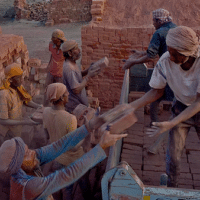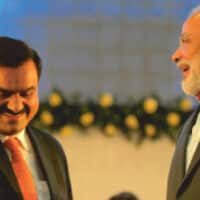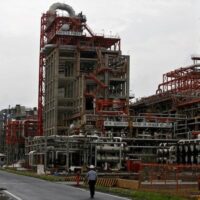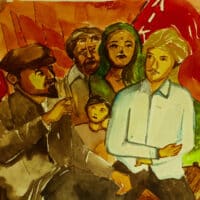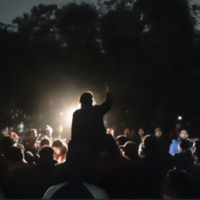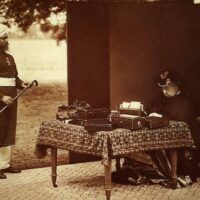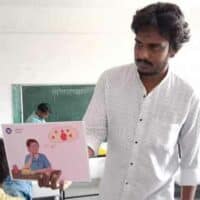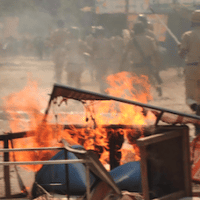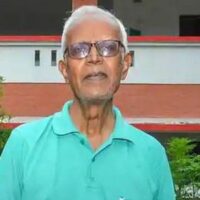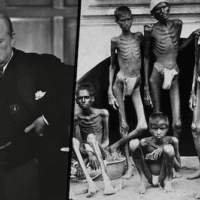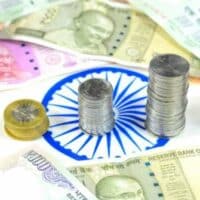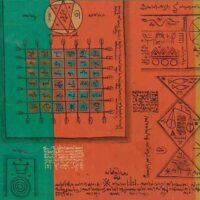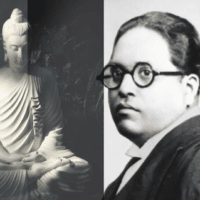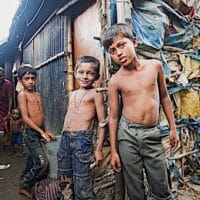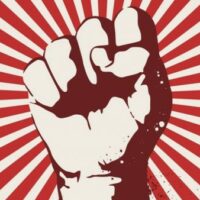-
The West no longer World leaders in 84% of critical technologies
Kailath, originally from Kerala but settled in the U.S., is one of the foremost names in the world in communications, control and signal processing. I remembered his words while reading the recent startling headlines that China has become the world leader in 37 of 44 critical technologies evaluated by the Australian Strategic Policy Institute (ASPI).
-
Treating infrastructure as a Holy Cow
THERE is an impression shared by even progressive intellectuals that the entity that goes by the name of “physical infrastructure” is an absolute necessity in each country, and that the actual amount of infrastructure that exists is always less than what is needed.
-
“Crony capitalism” as an economic strategy
Gautam Adani’s calling Hindenburg’s allegations of fraud against him an attack on the Indian nation is a matter of particular significance.
-
India replaces U.S. dollars with dirhams in Russian oil trade
Citing four sources with knowledge of the matter, Reuters reports that Indian refiners and traders embarked on paying for most of their Russian oil purchased via Dubai-based traders in UAE dirhams instead of U.S. dollars.
-
Adani’s fraudulent empire exposed
The Hindenburg Research, a short selling firm, brought out a 129-page report on the Adani group marshaling evidence of all the funding operations and offshore activities of the 578 subsidiaries and shell companies linked to the seven listed companies of the Adani group. The report states that this is the “biggest con in corporate history”.
-
The question of the civilizational state: an interview at Guancha with Vijay Prashad
Following the interviews with Zhang Weiwei, director of the China Institute at Fudan University, and Martin Jacques, former senior fellow of the Department of Politics and International Studies at Cambridge University, Guancha.cn (观察者网) invited Vijay Prashad, executive director of the Tricontinental: Institute for Social Research, to continue the discussion on the “civilizational state”.
-
In the face of censorship, Indian students organize screenings of BBC documentary on PM Modi
A recent BBC documentary on Indian PM Narendra Modi, which has been censored by the government, is being screened by students’ organizations in various parts of the country.
-
Russia’s gas union eyes Pakistan, India
Pakistan’s acute energy crisis is the immediate backdrop against which Foreign Minister Bilawal Zardari’s forthcoming talks with Russian Foreign Minister Sergey Lavrov in Moscow today need to be understood.
-
Imperialism and the agrarian crisis
THE hegemony of imperialism is invariably associated with an agrarian crisis in countries of the global south; in fact agrarian crisis is just the other side of the ascendancy of imperialism. This is evident from the case of Indian agriculture.
-
Men and menstruation: A young anti-caste thinker fights menstrual stigma
Rushikesh, a resident of Aurangabad, got selected for the prestigious Period Fellowship in 2021, and worked for fifteen months in a predominantly tribal district in Jhabua, Madhya Pradesh.
-
Top investigating officer admits Elgar Parishad event ‘had no role’ in Bhima Koregaon violence
This is perhaps the first time any state representative has accepted that the Elgar Parishad event had no role to play in the violence. While three activists have been released on bail, and one died in custody, 12 continue to be jailed over this claim.
-
Stan Swamy’s laptop was ‘planted’ with incriminating documents, says new forensic report
The new findings were released after Arsenal Consulting, a U.S.-based digital forensics firm, examined an electronic copy of Swamy’s computer, at the request of his lawyers.
-
British empire killed 165 million Indians in 40 years: How colonialism inspired fascism
A scholarly study found that British colonialism caused approximately 165 million deaths in India from 1880 to 1920, while stealing trillions of dollars of wealth. The global capitalist system was founded on European imperial genocides, which inspired Adolf Hitler and led to fascism.
-
The outflow of finance from the periphery
In the current calendar year an estimated $200 billion has already flown out of India which amounts to a third of India’s exchange reserves.
-
Those who struggle to change the world know it well: The Forty-Sixth Newsletter (2022)
In 1845, Karl Marx jotted down some notes for The German Ideology, a book that he wrote with his close friend Friedrich Engels. Engels found these notes in 1888, five years after Marx’s death, and published them under the title Theses on Feuerbach. The eleventh thesis is the most famous: ‘philosophers have only interpreted the world, in various ways; the point, however, is to change it’.
-
Economics and dishonesty
In 1973-74 the Planning Commission in India had defined poverty as the inability to access 2400 calories per person per day in rural India (in practice however it applied a lower 2200 calories norm), and 2100 calories per person per day in urban India.
-
Developing countries need monetary financing
Developing countries have long been told to avoid borrowing from central banks (CBs) to finance government spending. Many have even legislated against CB financing of fiscal expenditure.
-
Ambedkar, Buddhism and Dalit liberation
Events of the last few days indicate AAP and BJP worship Ambedkar purely for electoral gains and not from commitment to his ideas.
-
Hunger and poverty
THE Global Hunger Index (GHI) for 2022 has just come out, which shows India occupying the 107th position among the 121 countries for which the index is prepared (countries where hunger is not a noteworthy problem are left out of the index).
-
Questions posed by a movement
“These are all poor Adivasi villagers who take time off from their daily-wage labour or farming, students who come when school permits, or women who bring their children because they have nowhere else to leave them. On down days the numbers may be a few dozen, on special days the number swells to thousands.”


